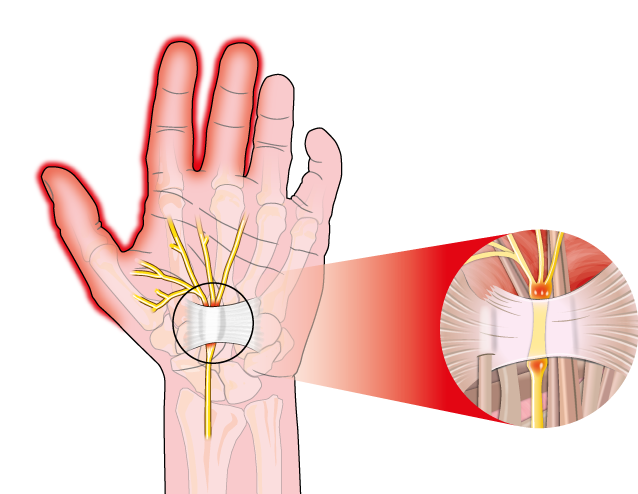
Health News
Features
-
Solutions for Carpal Tunnel Syndrome
An Ailment that’s Not Just for Computer Users Computers are frequently blamed for carpal tunnel syndrome, a painful disorder involving a pinched nerve in the wrist. But assembly workers are three times more likely than data-entry personnel to suffer from it, according to the National Institute of Neurological Disorders and Stroke (NINDS). The disorder is…
-
Seven work-related issues that may affect your health
Disease saps our energy. Our productivity slips, we miss work or school, and our healthcare expenses rise. We may blame our work, or work environment, for the illness. But that may only be part of the equation. “Is it the chicken or the egg?” asks Dr. Ulyee Choe, Polk County Health Department director and a…
-
Trends and observations in child health
A Look at An Emerging Frontier in Healthcare and Other Relevant Issues The Academy of Pediatrics has designated the month of October as Child Health Month. The Academy strongly feels that newborns, infants, children, adolescents, and young adults up to the age of 21 years in the United States should have access to comprehensive healthcare.…
Columns
-
Protect Your Eyes
While aging is a fact of life we cannot escape, there are certain measures that can be taken to ensure the best possible vision as you age. The following lifestyle modifications can help delay or prevent certain eye diseases. Regular Eye Examinations One of the most important things you can do is schedule yearly eye…
-
Diabetes Mellitus: It’s not just about the sugar!
Diabetes mellitus is a well-known disease in which blood sugar levels are higher than normal. Patients need to control these levels so that the HBA1c or hemoglobin A1c test is less than 7%, through diet, exercise, and medication. It is important to understand that high glucose levels result in organ damage. Every organ has the…
-
Lumps in the Neck – Should I be Concerned?
Very often I see patients who have swellings or lumps in the neck and their first question is “should I be worried?” This is a great question but the answer is not always straightforward. There are many different causes of swelling in the neck that range from harmless to the very concerning. Let’s talk about…





